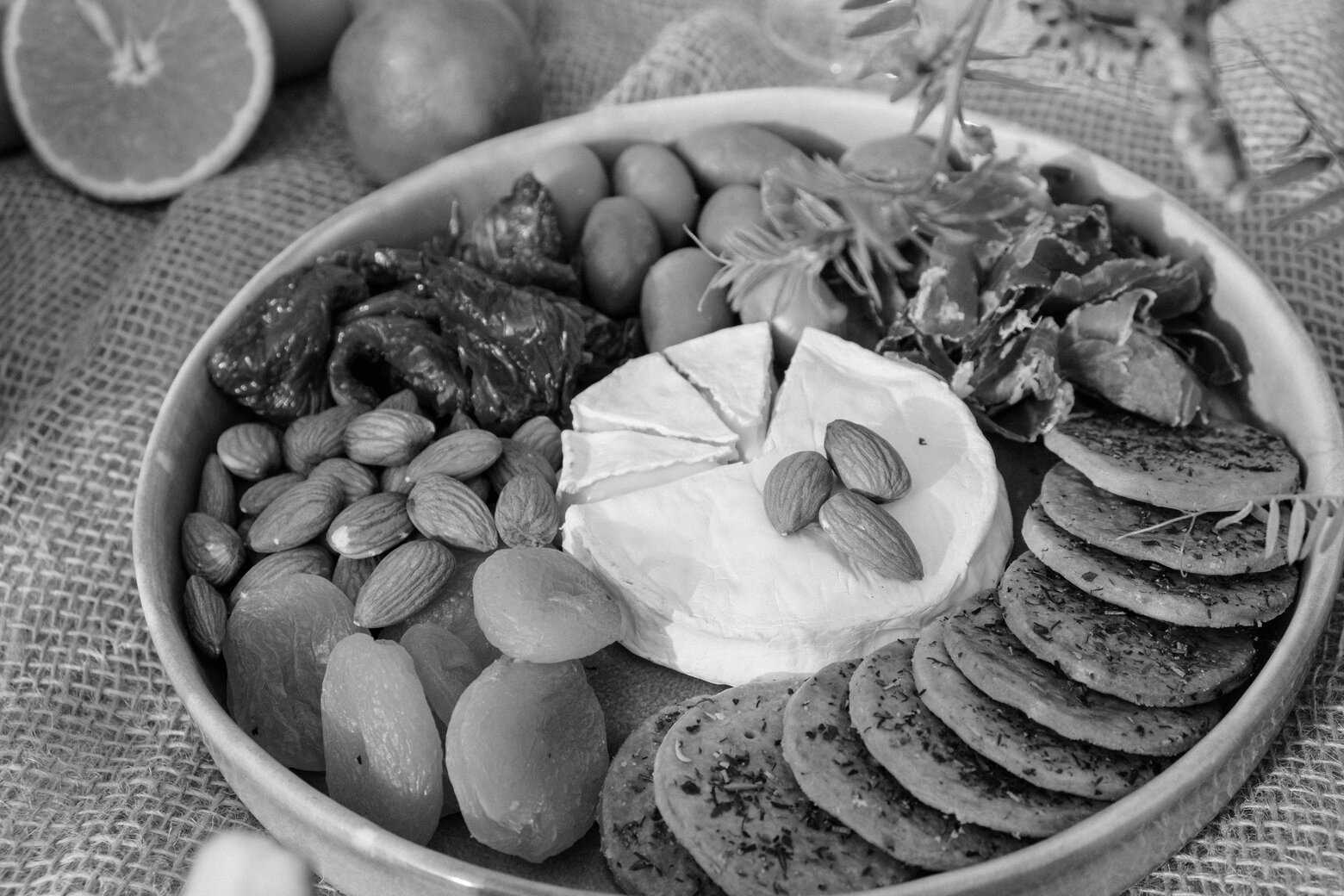
Eating habits matters most when aiming for a healthy Ramadan. Especially during suhoor, where you get the chance to fuel up before facing a whole day of fasting, and iftar, where you get to end your fast for the day. There are certain habits some people might do during iftar, such as eating excessively or consuming sweet drinks every time. While these habits can be justified by the amount of time holding your hunger and thirst for the whole day, they aren't necessarily the right habits if you consider health in the long run. Therefore, on this week's journal, we will be explaining a few tips you can implement for a healthier iftar and Ramadan. Read on!
Prioritize liquids
Drinking plenty of fluids during iftar is very recommended, as the body lose water from a whole day of fasting. However, you need to wisely pick your fluid intake. Hydration from water, juice, or fruits with plenty of water are recommended to replenish your system. It's best to break your fast with 1-2 glasses of water and wait a few minutes before delving into your meal. Soups can also be considered, as it is both filling as a meal and fulfilling your hydration. It's also important to constantly hydrate throughout the night so you don't get dehydrated, but keep in mind to not overconsume water as well to prevent your body's electrolytes from getting diluted. Curbing your water intake before bed is also wise to do, in order to not disrupt your sleep by going to the bathroom in the middle of the night. You may also want to reduce consumption of caffeine during Ramadan, as it may dehydrate you even more.
Consume less oily foods and limit sugar intake
Sweet drinks and oily foods are both popular options for breaking fast, especially for Indonesian people. While they are fine to consume once in a while, these types of foods have low nutrient density and certainly won't be healthy to consume in the long run. In fact, consuming foods with high sugars or oily, fried foods can contribute to increased risk of obesity, cardiovascular problems, as well as affecting the immune system. Therefore, it's best to avoid heavy meals with greasy foods, and reduce consumption of food with high sugar during iftar. The latter may raise your blood sugar and mess up your insulin levels. If you're craving for sweet treats during iftar, opt for natural sugars such as fruits or dates.
Implement good eating habits
Aside from consuming a balanced meal during suhoor to help sustain your fast, consuming a balanced meal during iftar is equally important to determine your energy levels the next day. During ramadan, there's only limited timeframe to supply your body with the nutrients it needs. Therefore, you need to put effort in consuming the right foods to support your health. Choosing the right carbs, preferably complex ones like brown or red rice, may give you a steady supply of energy, in addition to more fiber and minerals. Incorporating lean proteins like chicken, fish, eggs, are important to help you stay full and maintain muscle mass. You also need to be eating enough vegetables, as they are also beneficial to provide your body with essential vitamins and nutrients.
Implement portion control
Treating iftar as a feast is something that might be a common thing to do when you have to hold your hunger for the entire day. However, overeating or stuffing yourself to the brim during iftar may not be the wisest thing to do. Not only that it might make you gain more weight easily, overeating can also mess with your digestion and trigger heartburn, which in turn may disrupt your sleep. You also need to pay attention to the things you eat during iftar, especially since it will be close to your bedtime. Meals high in fat, for example, may disrupt sleep as fat takes longer to digest. Consuming simple carbohydrates like cookies, cakes, or other sweet treats in excess may also cause poor sleep quality.
Consume your meal slowly and gradually
Finally, savor your meal time during iftar. Even though you might feel starved after fasting for the whole day, eating too fast or too much in a short period of time may cause indigestion and even heartburn, which may disrupt your sleep. Eating mindfully is the best thing to do, enjoying every spoonful of your meal during iftar. The body needs at least 20 minutes before it registers that you're full, therefore don't rush with your meal.